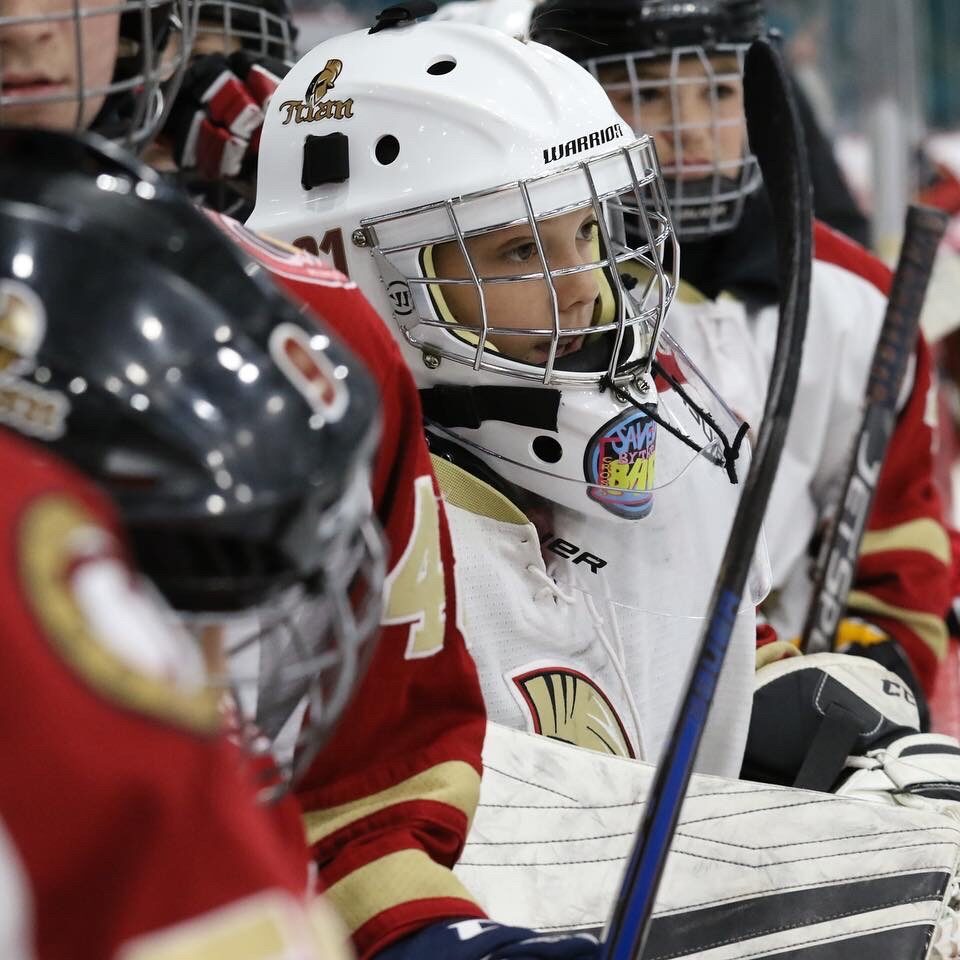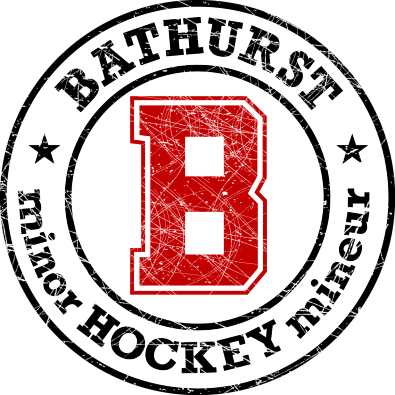U15 Minor Hockey
What is U15 Hockey?
U15 (formerly bantam) is the fifth age division in minor hockey. Goals for the U15 age category are fun, refining team play and introduction to team strategy. Programing still has a strong focus on technical skills (40%) and individual tactics (15%), but provides more time to team tactics (20%) , team play (15%) and strategy (10%).
Development is at the core of U15 hockey, with the focus on refining skills so players will experience success in practices and games. Looking at how kids learn, and the number of repetitions of specific skills and situations that occur in practice versus a game, practice is where players have a chance to develop the most.
U15 hockey is delivered through a progressive, learn-to-play teaching curriculum that is age-appropriate and skill-specific for 13-14-yearolds. It is a continuous opportunity for young players to develop and refine fundamental movement skills (skating, turning, acceleration), manipulation skills (shooting, puck control, passing) and overall motor skills (balance, coordination, agility) and checking skills (stick checks, angling, body contact) in a fun and safe environment, promoting skill development through self-confidence.
To find our more on what is learned and practiced for this age group, know that BMHA follows Hockey Canada's Player Pathway for U15.

Recreational vs. Competitive
BMHA, often in cooperation with neighboring minor hockey association Baie-des-Chaleurs, offers competitive hockey at this level in addition to recreational hockey. AAA-level hockey is offered in region by Hockey New Brunswick through EDZA North. Players are chosen for competitive teams following a minimum 3-session tryout. Non-biased evaluators are chosen to provide scores for a set number of skills. Higher ranked players are chosen to fill a maximum of 15 skater, 2 goalie team.
The rules of the game remain the same in both recreational and competitive hockey. The only difference is the skill level found within these teams, allowing for everyone to play with and against players more closely aligned to themselves.
Introduced at the U15 competitive level is checking. According to the New Brunswick Minor Hockey Operations Manual :
Checking shall be allowed in U15 and above divisions for those teams that play development (AAA) or competitive (AA, A or B) level of hockey except female hockey. In any games involving an all-female hockey team, no body checking is permitted.
What can you expect as parent?
Teams
You can expect your child to be a member on one of our U15 teams (in 2022-2023, we had 1 recreational team and 1 competitive team). They will form new friends and learn to work together while having fun. Teams are divided (if necessary) to provide even skill level between teams within their division, facilitate travel for carpooling and a balanced number of players.
Letter designations ("AA", "A", "B" and "C") are used to label the divisions within the league when necessary. They can be used to help choose divisions to register at a tournament, but are in no way restrictive. For example, a "competitive" team that feels they are strong in their division are free to register at a tournament in a strong division, such as "AA". U13 competitive teams do not officially have a letter designation until league is finished, which are then assigned a division for provincials by the league.
Gear
Players on recreational teams will receive a jersey and matching socks for their team which they will quickly learn to become proud of. Competitive teams will be lent a game jersey and will be required to purchase matching socks (organized through the team manager). It is the responsability of the parent to ensure their child has the proper equipment (including neckguards!)
Hockey Canada’s equipment fitting guide states that in order to ensure player safety, all hockey players must have the following equipment:
- Helmet (must be CSA-certified)
- Mouthguard
- Neck guard (must be BNQ-certified)
- Shoulder pads
- Elbow pads
- Gloves
- Groin guard (jock/jill/cup)
- Hockey pants
- Shin pads
- Hockey socks
- Skates
- Hockey stick
- Practice jersey
- Equipment bag
Season format
Both recreational and competitive teams play in divisions within the North Shore Minor Hockey League. This league can cover an area from Restigouche North all the way to Rogersville, including the Acadian Peninsula. Often, competitive teams may travel across this area for games. The recreational division often only includes teams in Restigouche North, Baie-des-Chaleurs and Bathurst, as teams in the Acadian Peninsula and Miramichi regions run their own leagues for their recreational teams.
The season runs from October to March. There are often two weekday practices as well as ice time on Saturday and Sunday. In October, games will begin taking some of those weekend spots. The schedule can be found here and on the TeamSnap app. Please check it regularly as it can change on short notice. Some teams and divisions also like to put together a group to communicate on social media apps.
League results often help inform how to select teams for provincials, including selecting teams to represent the region at recreational provincials and the representatives of the region for each level of competitive hockey (AA, A and B).
Volunteering
Parents are encouraged to volunteer. We need coaches, assistant coaches, on-ice helpers, off-ice helpers, team managers and cheering! Parents will also be asked to operate the game clock for home games.
Costs
In addition to registration costs, which covers all the expenses related to the minor hockey season (ice rental, officials, etc.), there will likely be additional team-based costs. Participation in tournaments (up to 3 a year) is likely and team managers will ask that each player contribute their portion of the fee to register the team (approximately 30-40$ each). As previously mentioned, matching game socks may also be purchased for an additional cost.
Teams may also fundraise to cover some of these costs as well as for other events during the year (year end party, souvenirs). Managers are transparent with the amount of money spent and raised, and all money will be disbursed within the hockey season.
Respect in Sport
Each player requires a parent to have completed Respect in Sport Parent Program. It can accessed through Hockey New Brunswick's Respect in Sport Parent Program portal.
